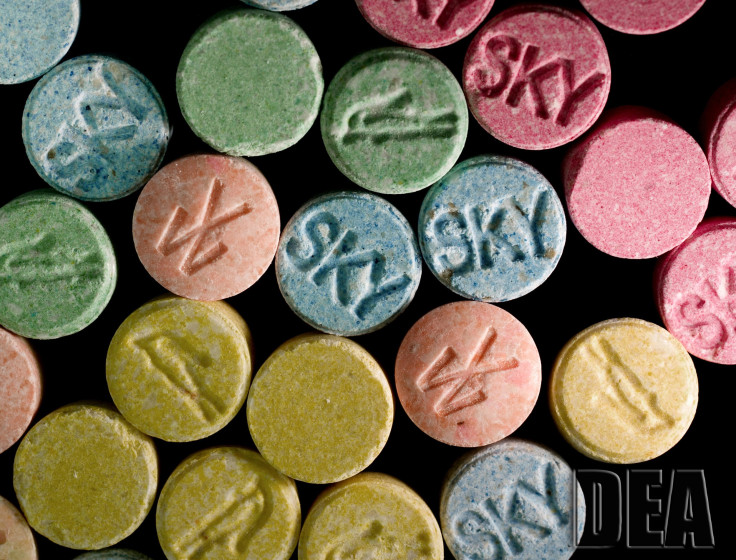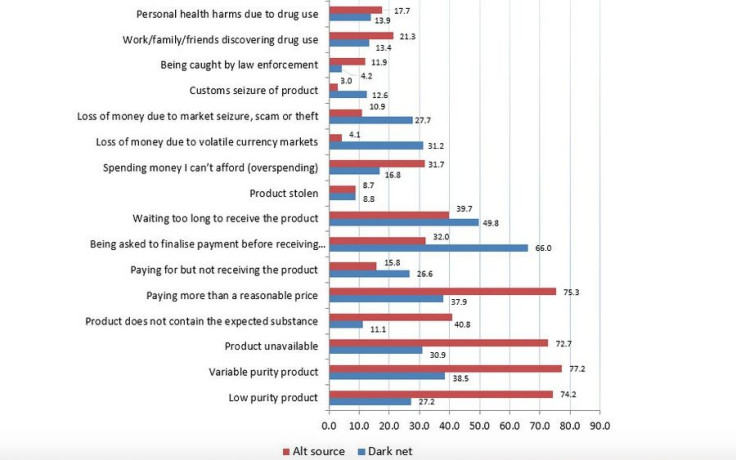Dark Net Drug Sales Using Bitcoins Are Booming After Fall Of Silk Road Marketplace

Your drug dealer is moving to the dark Web. That part of the Internet, inaccessible to standard Web browsers and made famous (or infamous) by the Silk Road marketplace, has essentially become a shopping district for addicts around the world.
That's according to the 2015 Global Drug Survey, which polled 100,000 people and found a growing number are buying illegal drugs online through clandestine marketplaces that trade in bitcoins. Of those polled, 23 percent said they bought drugs online for the first time in 2014. That's up from 13 percent a year ago.
This increase comes despite the October 2013 shutdown of the Silk Road drug marketplace and the very public arrest of founder Ross Ulbricht, who was sentenced to life in prison without the possibility of parole on May 29.
But the Silk Road website was merely the tip of an iceberg. A rotating cast of 25 or so hidden markets now fill that void, connecting buyers and sellers who transact in bitcoins to create a kind of dystopian eBay. They're only accessible through the Tor anonymity software, which gives anyone anywhere in the world access to the deep Web, the vast unindexed section of the Internet that's home to legal and illegal Web listings.
MDMA, LSD and marijuana are the most popular, in that order, according to the survey. Users also report that drugs sold online are often more pure than the substances they purchase from a street dealer. Customers pay less, experience less physical violence and far fewer threats to their personal safety. But their anonymity also makes it difficult for friends or family members to intervene in a case of addiction, and there's a much higher risk of getting ripped off.
The 2015 Global Drug Survey was led by Dr. Adam Wintock, an addiction psychiatrist at King's College London. The graphic below compares the number of users who reported online drug purchases (shown in blue) to users buying from an alternative or traditional source (shown in red).

Sweden, Poland, Norway, Denmark and the United Kingdom, respectively, reported the most drug buyers. The United States came in sixth place, with 11.2 percent of those polled admitting to buying drugs from an online source. Of American dark Web respondents, 8 percent said they purchased drugs online in the past year, and another 3.2 percent said they did so before 2014 began but had not since.
Fewer than 1 percent of the reported 100,000 respondents cited law enforcement as the reason they no longer purchase drugs via the Internet. When the Silk Road prosecution submitted a sentencing request in the Ulbricht case, they asked Judge Katherine Forrest to “send a message” to the dark Web ecosystem by sentencing Ulbricht to more than the mandatory minimum of 20 years. The survey figures were collected months before Ulbricht's trial, but the 1 percent figure shows that the message is not being heard.
© Copyright IBTimes 2025. All rights reserved.



















